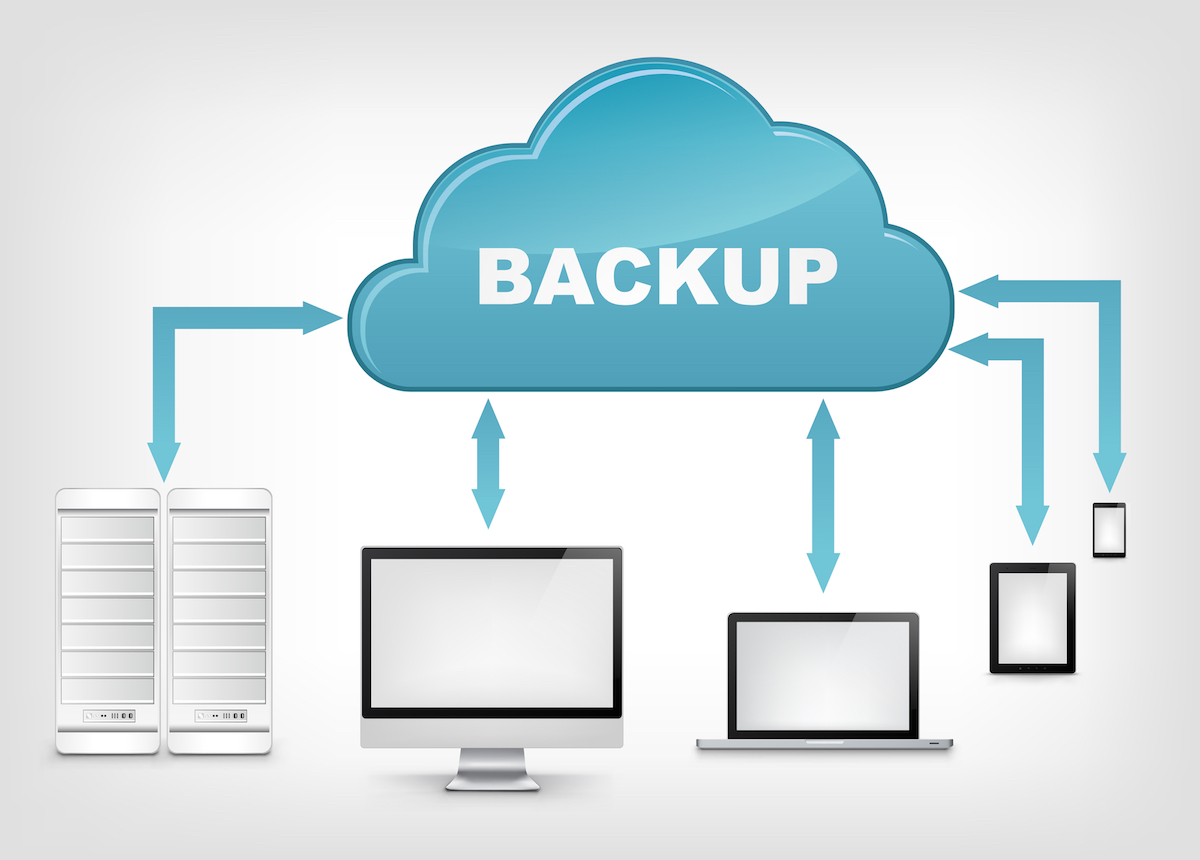
How often do you back up your business files? If all of your employees quit tomorrow, would your business files be accessible, or would you need to hunt everyone down to get copies from their personal devices?
Hopefully you have backups available and aren’t dependent on your employees’ personal devices. However, if all you have is a hard drive or main computer where you store your backups, that’s not enough. The truth is, if you’re not using cloud backup services, your data is at risk of being stolen, lost, or corrupted.
Business owners know cloud backup is better
Over the last ten years, business owners who recognize the power of the cloud have been ditching external hard drives and are using cloud backup services from Box. The difference is huge. Not only does Box make it easy to tag and therefore organize files and folders, but you can share individual files and folders with a link.
If you’ve never used the cloud for backups, here’s why you need to make cloud backup services a permanent part of your tech budget.
1. Your data will be in one centralized location
Having files in multiple locations is a major problem for many businesses. Employees spend hours every week just searching for files. When your data is spread out between physical machines, external drives, and multiple online file storage platforms, employees can’t easily find what they need to do their job.
Cloud backup services will put all of your files in one location. When you use a full suite like Box, you’ll get more than just a place to stash your files. You’ll also have the ability to organize your files with keywords that will help employees find exactly what they need.
2. You have control of your data when sharing files
Controlling data is critical, but it’s not possible when you’re backing up files on a hard drive. Every copy of a file has the potential to fall into the wrong hands. With cloud-based backup services, access to your files can be heavily restricted, even when you share links.
You can set strict permissions for files and folders to prevent browsing and you can limit access by email address.
3. File access links can be set to expire
When you need to share files from your hard drive backup, you can’t control what people do with those files once you give them a copy. On the contrary, cloud backup systems like Box allow you to create shareable links that expire and set permissions to prohibit downloads. If your file link is later leaked or passed around, it will have already expired.
4. Hard drive backups are a lot of work
How long does it take you to create a full backup on your hard drive? If you don’t have a dedicated machine just for creating backups, you’ll be tempted to skip scheduled backup sessions.
It’s hard work creating backups on an external hard drive. When you run backups weekly, which should be your minimum, it’s downright annoying. Even when you have Time Machine running on a Mac you still have to set up, initiate, and monitor your backup sessions.
With cloud backup services you don’t have to lift a finger. Whether you keep your backups in a Box account or you run automatic backups of your website from a cloud server, it’s truly effortless.
5. You can scale up easily
If you’re storing files on a hard drive in the office, you’ll run out of space eventually. Then, you’ll have to buy another hard drive. Cloud backups can be scaled up to meet your needs. When you need more storage space, you’ll upgrade your account. You can even downgrade your account if you decide you need less storage space.
6. You can get compliant storage
Compliance is perhaps the most important aspect of cloud backups. If you are regulated by any data protection laws, you can’t just back up your files anywhere. You need compliant backup solutions. Thankfully, many popular cloud backup services provide services compliant with GDPR, HIPAA, and other regulations.
The cloud can be your biggest asset
Backing up your business files in the cloud is easier and cheaper than trying to maintain legacy on-premises systems. In addition to data security, there are plenty more business problems that cloud services solve.
If you haven’t moved to the cloud, give it a shot; once you see how organized and secure your files are, you’ll be glad you made the move.


